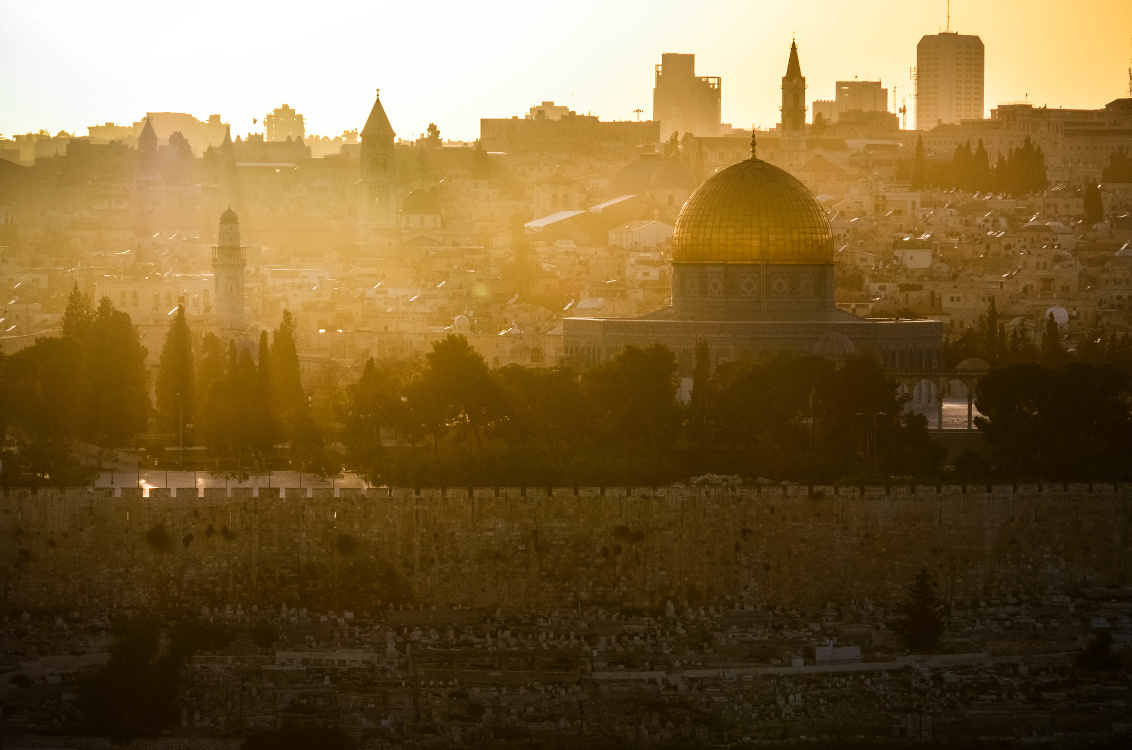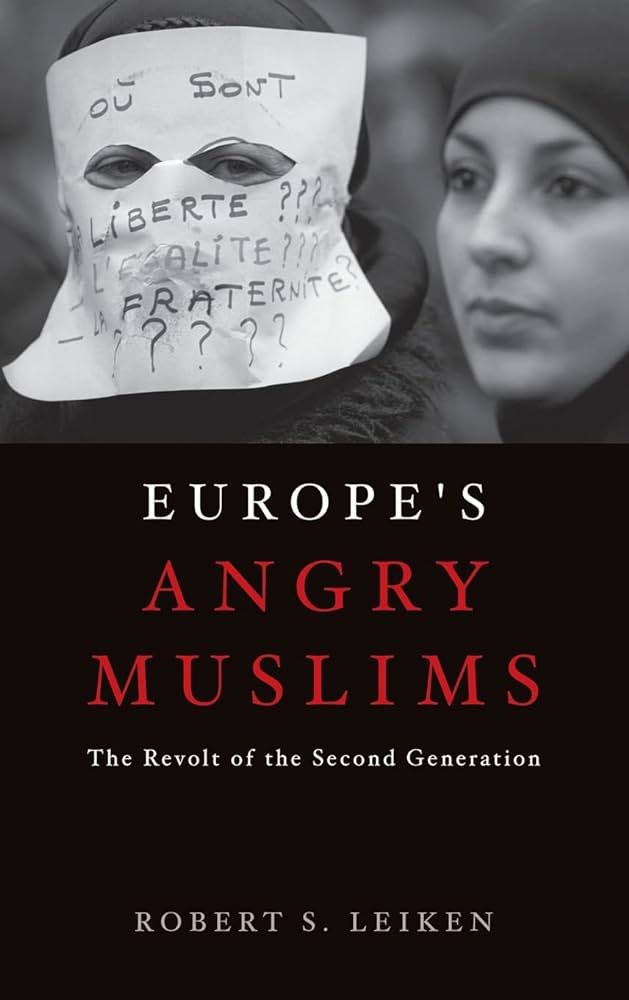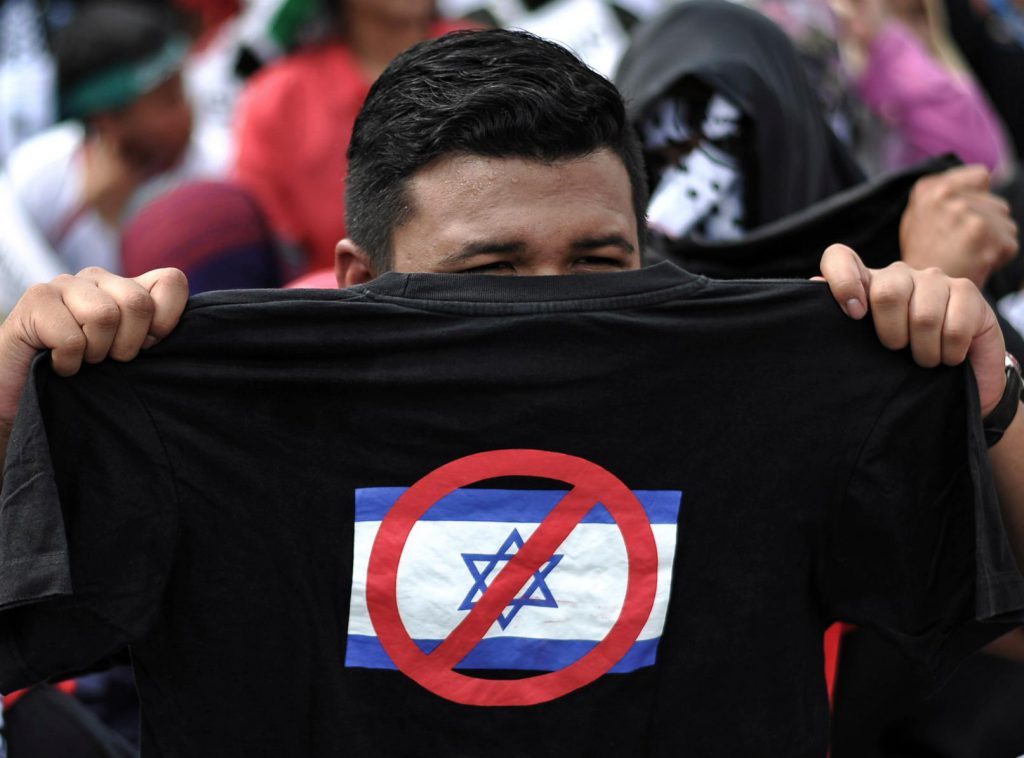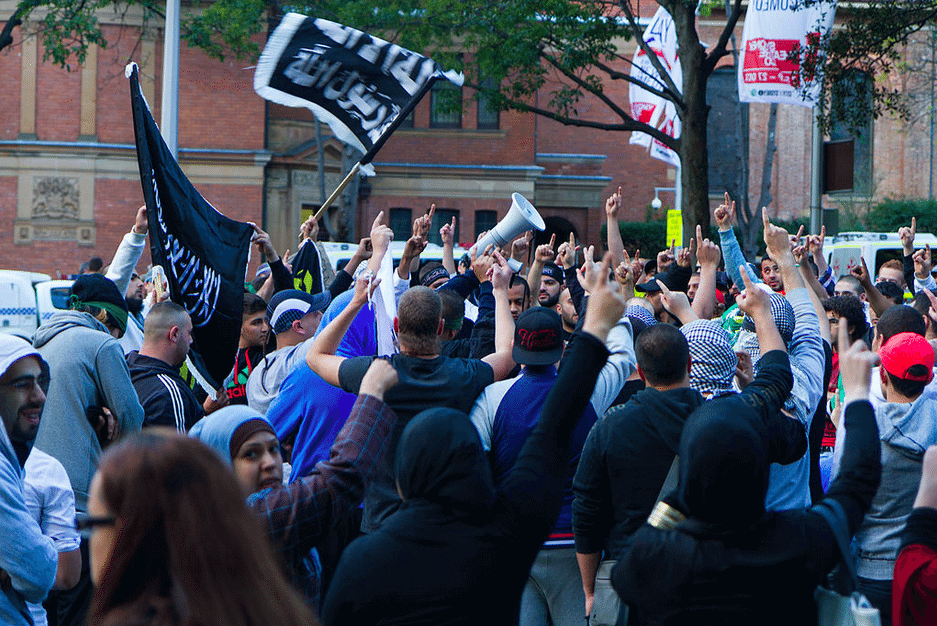Art and Culture
What Makes a 'Self-Hating' Muslim?
Wajahat Ali’s crime is that by mere association with a Jewish group, he was tarred by important sections of the Islamic community as a traitor.

I’ve recently returned from a study tour to Israel. As a Muslim visiting Israel I was put through considerable security, but was otherwise treated well.
Since my return, I have been surprised by the level of negative reaction I received from other Muslims, including some close friends and relatives. It’s as if visiting Israel equates with ardent support for Zionism and the wholesale rejection of the Palestinian people, neither of which I adhere to. However, I have returned with a more complex understanding of the issues at stake.
Wajahat Ali is an American attorney and writer, known for his contributions about the Muslim experience in The New York Times and The Atlantic. He writes eloquently about this strong faith. He also visited Israel recently. He interacted with Jewish settlers on the West Bank via a program run by a group called the Shalom Hartman Institute and its Muslim Leadership Initiative. Based in Washington, the center has the laudable goal to help engage Muslim leaders and Jewish thinkers. Given Ali’s high profile, he made for an ideal candidate.
So what happened after he returned from Israel?
Ali came back only to find there was a groundswell of activism against him leading to attempts to block him from speaking at major Islamic conferences. One of his new found foes was the largest representative Muslim group in North America, the Council on American-Islamic Relations (CAIR). Another representative body, the Islamic Society of North America (ISNA), wrote a revealing letter to Ali outlining their reasons for cancelling their support. Ali writes about this experience in The Atlantic Monthly.
Some of the notable lines include: “The ISNA says its Muslim speakers are expected to ‘support broadly their values as a unifying Islamic organization.’”
And another: “[The ISNA] claims that other than ‘creed,’ there is ‘perhaps nothing more exemplary and unifying than our community’s support for the Palestinian people.'”
The episode exposes some interesting trends among Muslim communities. The Israel-Palestine issue is arguably more about territory than it is about religion. Extremists on both sides gain from painting the conflict as a religious one. It then attracts support from others who believe in a wider struggle between Islam and unbelievers. The Palestinian National Charterrepeatedly mentions the words “Arab,” “nationals,” and “Palestinian,” but not once does it mention Islam. As Egyptian writer Khaled Diab wrote in a 2015 Haaretz column, the issue “ is essentially a secular-nationalist conflict over land, injustice and, to a lesser degree, identity.”
Then why should support for a Palestinian state be such an important part of being a Muslim?
One of the major tensions for many Muslims living in the West is whether to prioritize one’s religious identity over a national identity. Multiple Pew surveys have shown that a majority of Muslims living in countries like Britain and France state that they value their Islamic identity over their national one. It is strong Islamic teaching that loyalty to the umma, the global Muslim community, must be prioritized above all.

Repeated studies from think tanks such as the British Policy Exchange and the anti-extremism organization Quilliam have found that latter generations of Muslims growing up in the West are more likely to develop stronger religiosity. They express it through outer markers such as wearing a hijab or sporting a beard. Younger generations who have grown up in the West are also more likely to support the uptake of Sharia law or even express sympathy for Al Qaeda.
Their upbringing straddled psychologically between the conflicting ancestral cultures of their parents and the individualized, permissive West often leaves a vacuum filled by this form of “Identity Islam.”
When those who develop extremist views are interviewed, the most common grievance they report is the anger they feel when watching wars in distant lands where Muslims are killed, namely Iraq, Afghanistan, or Palestine. The wars themselves may be for very different reasons and are otherwise unrelated, but they all involve a connection with the Muslim umma. Notably, this anger is less apparent when Muslims are being killed by other Muslims, say by the Islamic State, or in Africa, suggesting the nature of the oppressor is all important.
When the ringleader of the 2005 London bombings, Mohammad Sidique Khan, outlined his reasons for the attack in a suicide video, he stated: “Your democratically elected governments continuously perpetuate atrocities against my people all over the world…until you stop the bombing, gassing, imprisonment and torture of my people, we will not stop this fight.”
When Sidique Khan spoke of “my people,” he wasn’t referring to his fellow countrymen in Britain but to a politicized sense of a global community of Muslims. This attitude seeks to unite Muslims on the basis of their religious identity overriding all other aspects of affiliation.
In the case of Palestine, despite it being only partially related to religion, the issue is seen as the ultimate expression of Muslims as victims of the supreme oppressor, the Jewish state of Israel—underwritten by the Great Satan of America.

Wajahat Ali’s crime is that by mere association with a Jewish group, he was tarred by important sections of the Islamic community as a traitor. As outlined in the correspondence he received there is no greater market of group membership among Muslims than the wholesale support for Palestine and an antipathy to Israel.
I am no stranger to anti-semitism. Growing up I heard many a conspiracy theory espoused by clerics in suburban mosques. They spoke of Jews and global domination. I had never met a Jew until I attended high school, before which depictions of wealth, miserliness and hooked noses was all that I knew.
In one Muslim tradition, Muhammad slaughtered hundreds of Jews and is glorified for it. According to the story, an army was defeated in Medina after which Muhammad turned on the residents of the Banu Qurayza tribe (who were previously neutral). He murdered hundreds of the men before dividing the spoils of conquest among his Muslim followers. The tale is not recounted in the Quran but is in the hadith, collections of actions and sayings of Muhammad, and the sira, his biography. The story is referred to with pride among scholars and clerics. There is however no other historical record of said event.
The fact this story elicits pride among Muslims is evidence of Israel’s central place in the broad humiliation of the Islamic world. No other issue better highlights a collective Muslim grief about the decline of the Islamic world and the dominance of nonbelievers. This is in despite of the great complexities on the ground and how ridiculous it is to think 1.8 billion Muslims should share an united view. This strain of Identity Islam and its overlaps with Israel is starting to impact the local politics of the Western countries.

Prior to the last British election, there was considerable controversy surrounding the Labour Party and its relative silence surrounding anti-semitic views amongst its supporters. The rising Muslim population in Western countries like Britain, where around five percent of the population are of Islamic background, is placing pressure on center-left parties. Muslim communities overwhelmingly vote for progressive parties but this is creating a degree of strain surrounding Israel, and at least the perception of greater tolerance for anti-semitism. Author Howard Jacobson publicly withdrew his support for British Labour exactly for this reason.
In Australia, there are large Muslim populations in outer suburban areas of Sydney and Melbourne. Australian Labour too has courted the Muslim vote by expressing strong support for a Palestinian state to the extent there have been several motions at major party conferences calling for unilateral recognition of Palestine. These have so far been quashed, but for how long?
Modern strains of Identity Islam will continue to challenge the foreign and domestic policies of Western countries well beyond terrorism prevention. Wajahat Ali and I have both learned the symbolism of what any association with Israel might mean to our perceptions of purity as a Muslim. There is no equivalent of a ‘self-hating Jew’ in Islam, but if there was we would likely be tarred with the label.






